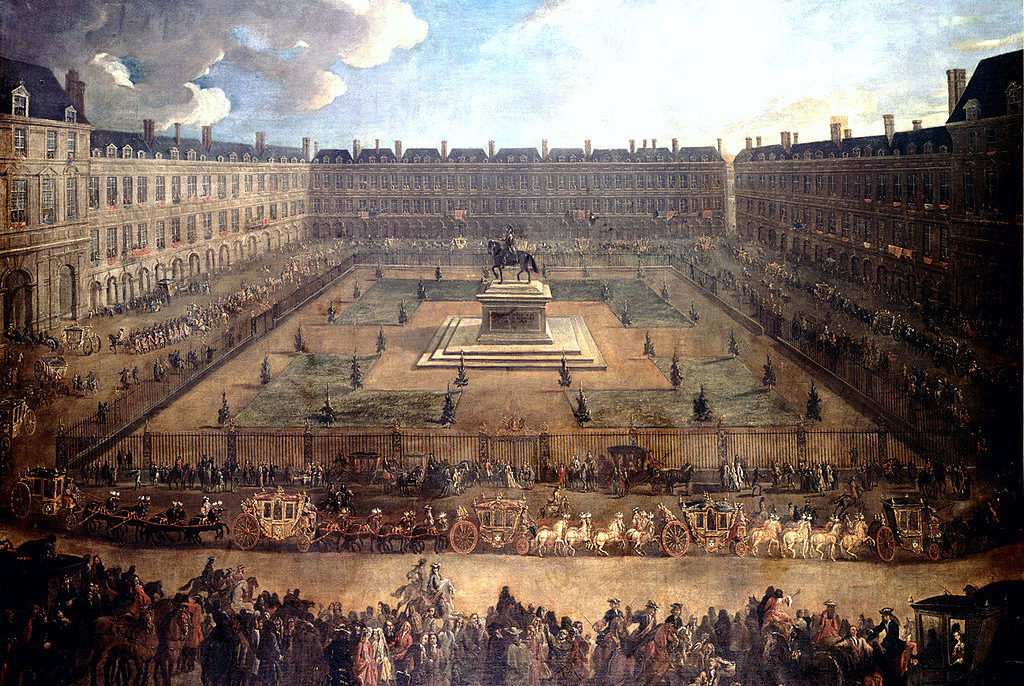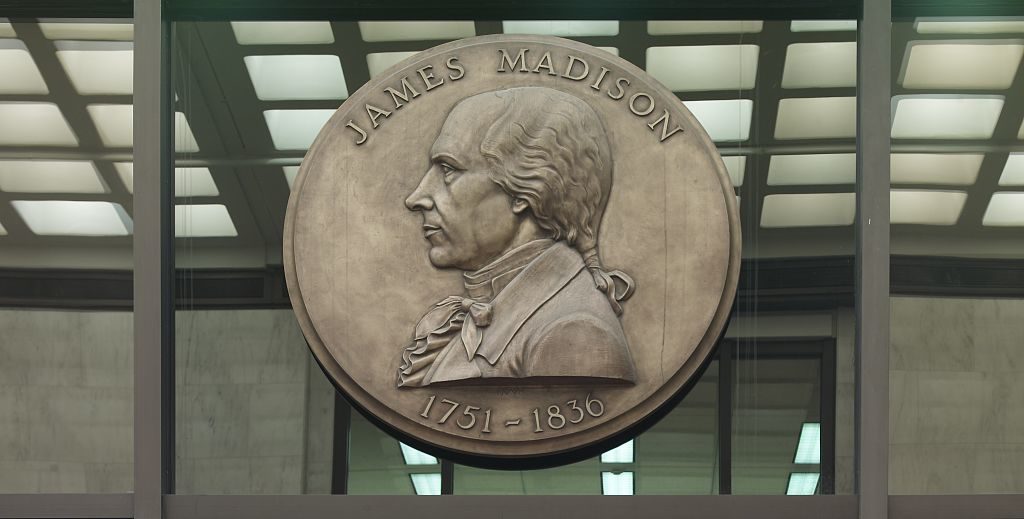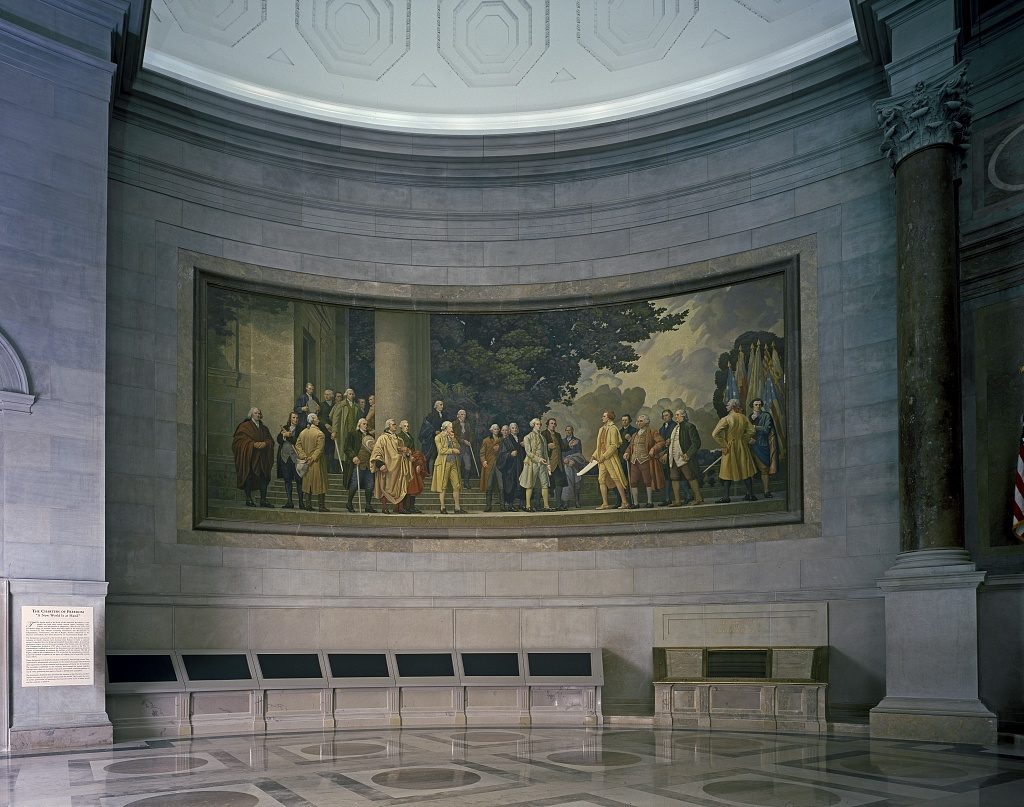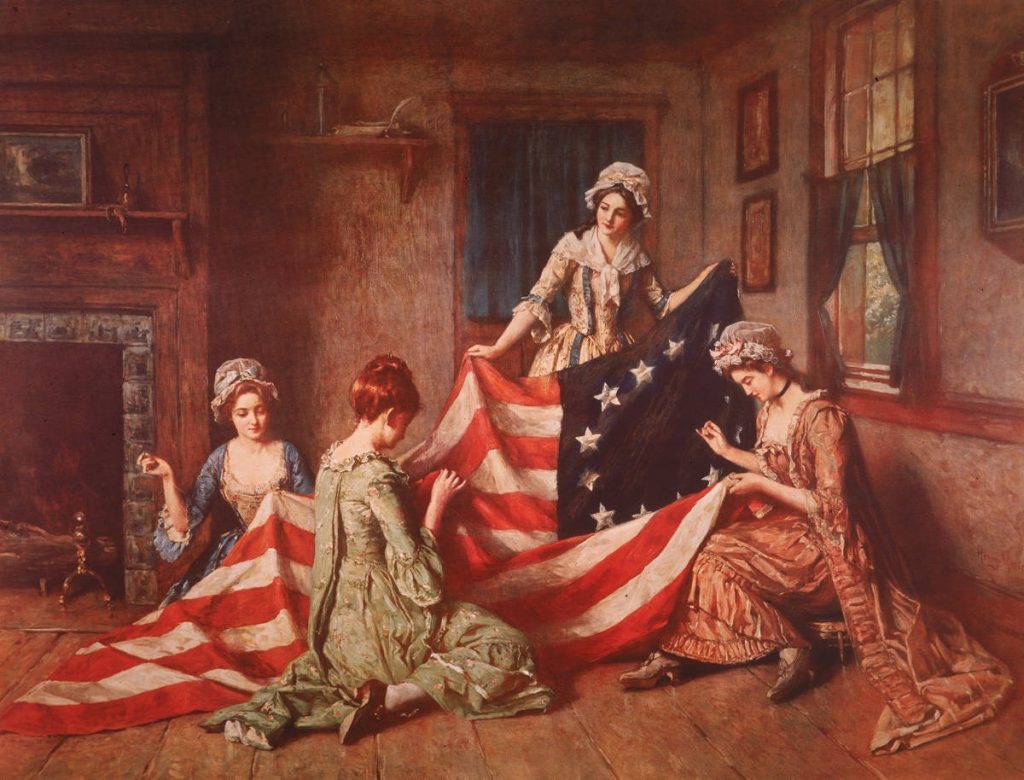The French political thinker Baron de Montesquieu predicted the divisiveness of our current political climate. He also anticipated the two major threats likely to emerge in large democratic republics like the United States: plutocrats and tyrant demagogues. Historians may one day regard the 21st Century as the epoch in which the steady march of globalization […]
Latest Articles
On Madison’s Majoritarianism
As Madison argued both in 1833 and in 1787-88, majority rule reflects the best version of democratic governance given the limitations of human nature and our constitutional arrangements. We tend to think of James Madison as the founder who inspired our understanding of the complex relationship between majority rule and minority rights. We attribute to […]
The May Resolution and the Declaration of Independence
A common starting point for analyzing both the Declaration of Independence and the Virginia Bill of Rights is a neglected earlier document: the Continental Congress’s Resolution of May 10 and 15, 1776. It is common for scholars to assume that the starting point for interpreting the Declaration of Independence is the Virginia Bill of Rights. […]
Thanks, Moms
Much has changed for American mothers over the past two hundred and forty-one years, but like the mothers who preceded us, we’re raising children. We’re making citizens. We’re perpetuating the project of 1776. A popular American anecdote describes a usually unnamed Philadelphia lady questioning Benjamin Franklin on the street outside Independence Hall in September of […]
A Nation Without a Soul? A Response to Sarah L. Houser’s “Accountability Nationalism”
Nationalism and religious life are intricately intertwined in the United States. A “civil religion of the Nones,” if it comes into existence, could portend significant changes in American nationalism. In her recent Starting Points essay, Sarah L. Houser urges revision to our conception of national identity. Her piece redefines it as a shared “sense of […]






